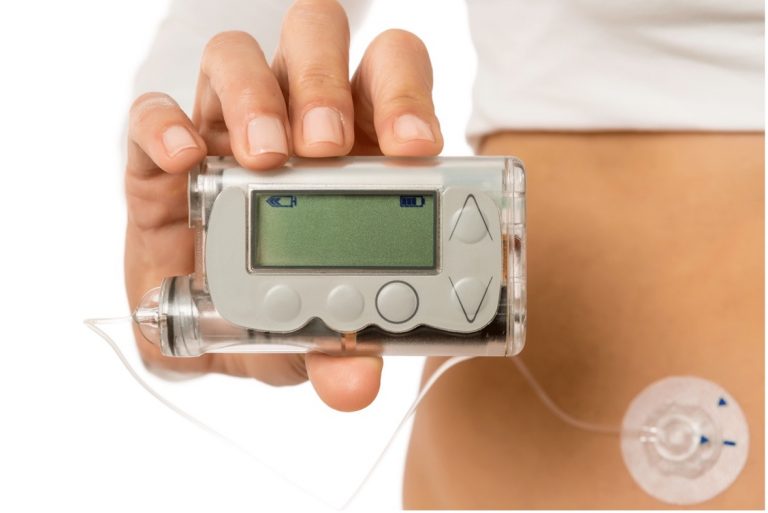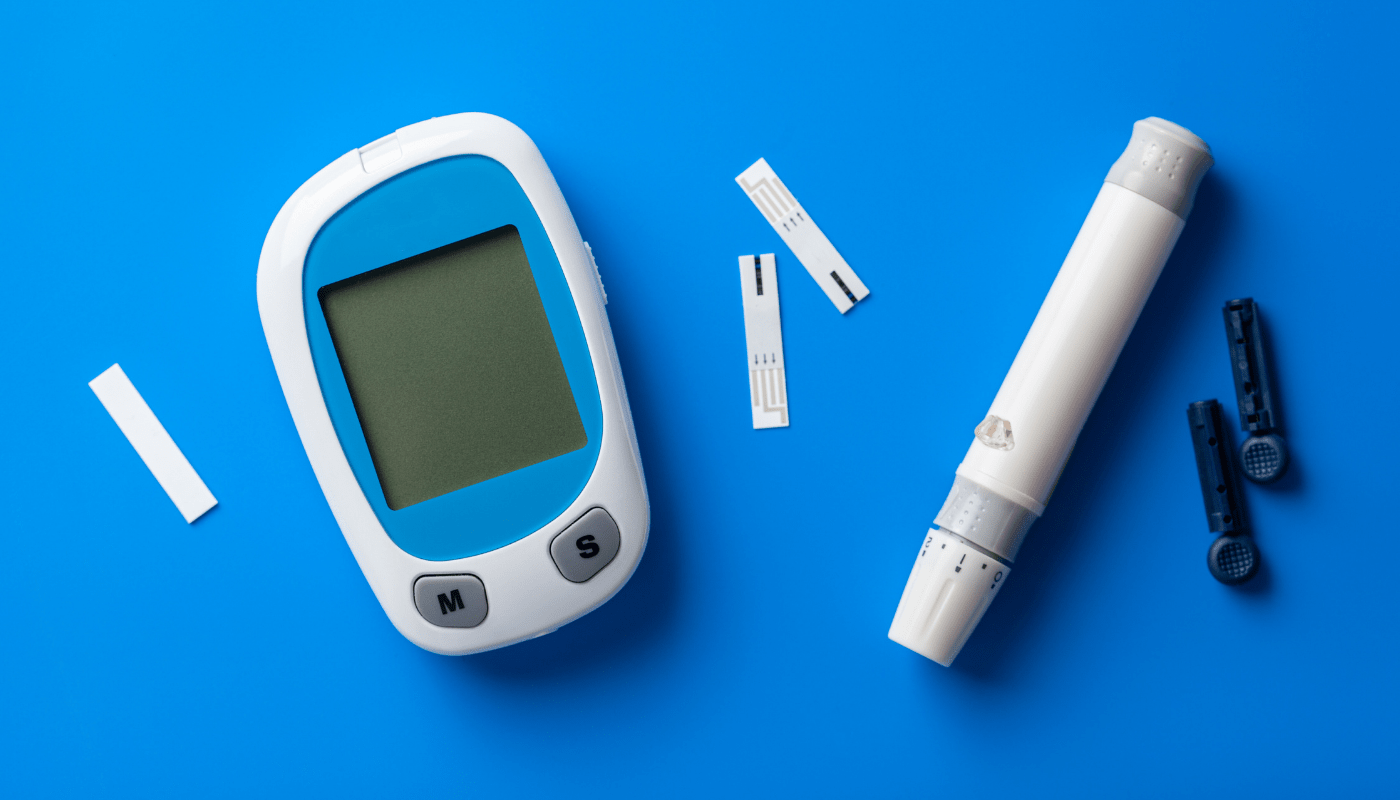Living with diabetes can be complicated. There may be an insulin schedule to follow and dietary challenges to overcome, but knowledge can empower you. The more you know about potential health risks associated with your condition, the better you will be able to manage your diabetes in the years ahead. One of the leading dangers associated with type 1 diabetes is diabetic ketoacidosis, also known as DKA.
Let’s explore diabetic ketoacidosis and its impact.
What is Diabetic Ketoacidosis?
To fully understand diabetic ketoacidosis, we must first understand how the body processes sugar. When we eat, our body breaks down food and turns the food into glucose (sugar). The glucose then enters the bloodstream where insulin helps it pass into our cells, making energy.
Some individuals with diabetes cannot produce enough insulin. So, when a person with diabetes is ill, dehydrated, or otherwise not taking enough insulin, the body uses muscle and fat instead of glucose as a source of energy. Ketones (produced by the liver) are then released into the bloodstream from the breakdown of fat. This causes the blood to be more acidic, resulting in diabetic ketoacidosis.

What are the Risk Factors for DKA?
- Recent surgery
- Pregnancy
- Infections such as pneumonia, sepsis, and urinary tract infections
- Blood clots in the lungs
- Heart attack
What Are the Causes of Diabetes Ketoacidosis?
A recent study from the University of Edinburgh found that: “Infections are one of the most common triggers of DKA, with urinary tract infections and pneumonia responsible for most cases.”
However, multiple factors can cause ketoacidosis. Some potential causes include:
- Over-consumption of alcohol
- Missing insulin injections
- Drug use
- Prolonged levels of stress
- A fault in your insulin pump or injection pen

Preventing DKA When Sick
A proactive approach to preventing DKA is vital when you feel ill. At this point, your body is at its weakest, and you must take action to prevent further illness.
Below are several of the steps you can take to prevent DKA:
- Continue to take your insulin, even if you’re not eating
- Test your blood or urine for ketones every three to four hours
- Drink lots of sugar-free and caffeine-free drinks to stay hydrated
- Do not eat foods high in carbohydrates if you have a glucose level of more than 13.9 mmol/L
Diabetic Ketoacidosis Treatment
The first step in your diabetic ketoacidosis treatment is diagnosis. If you suspect DKA, you need to go to emergency. The doctor will order blood tests to determine the level of ketones in your blood.
The treatment process includes three areas of focus:
1. Insulin therapy: Insulin can reverse the process behind DKA. Insulin therapy will be provided intravenously until your blood sugar reaches a safe level. At this point, your blood is no longer acidic, and you will be able to resume your regular insulin schedule.
2. Electrolyte replacement: The absence of insulin in your blood because of DKA can change the electrolytes (chemistry) in your bloodstream. Your doctor will provide intravenous electrolytes to keep your heart and nerve cells functioning normally.
3. Fluid replacement: Because DKA causes frequent urination and dehydration, you will need fluid replacement therapy. The fluid therapy replenishes your natural stores and dilutes the excess sugar in your system.

Careful Diabetes Management Can Prevent Ketoacidosis
Take care in managing your diabetes and work with your doctor and diabetes education team. If you’re at a higher risk, consult a specialist to discuss options and safeguard against ketoacidosis for the years ahead.
References:
Aksha Ramaesh, Journal of Intensive Care Society, “Incidence and long-term outcomes of adult patients with diabetic ketoacidosis admitted to intensive care: A retrospective cohort study”, August 2016, Accessed: August 19, 2021.












